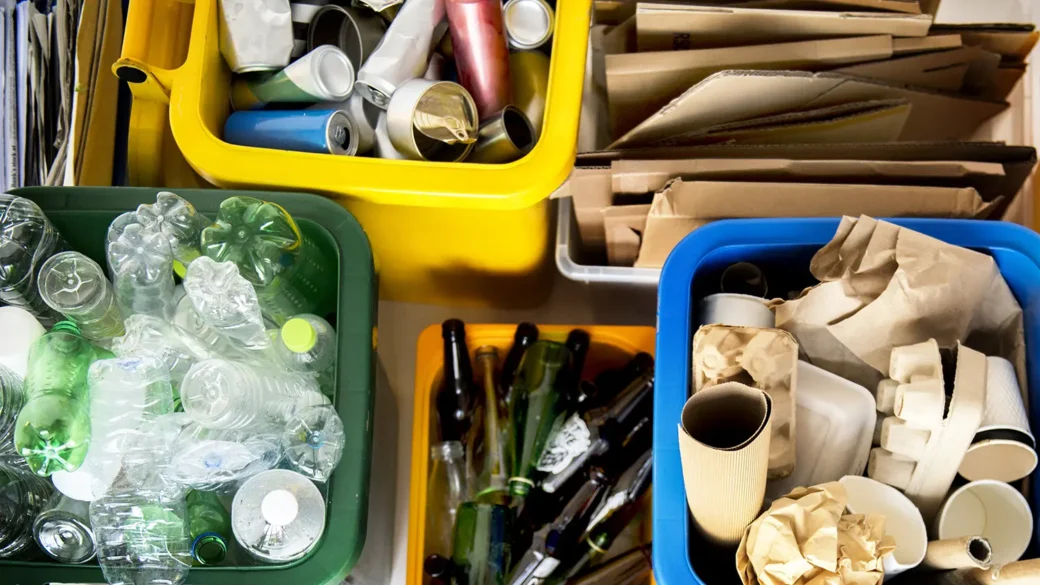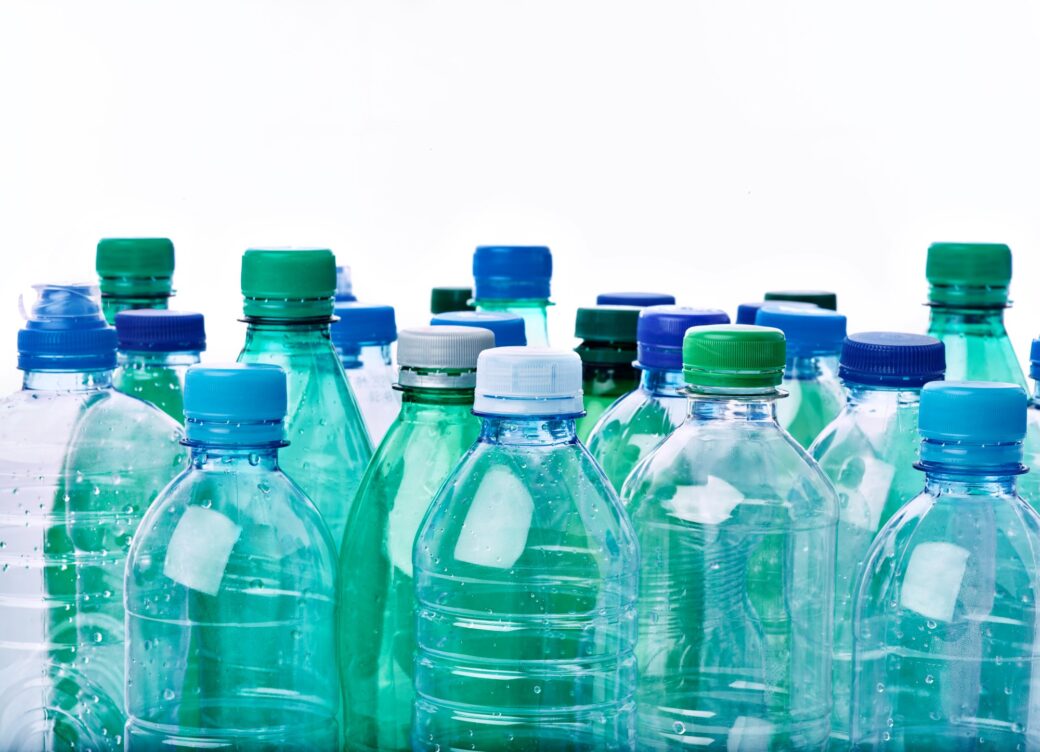New research by Material Focus – formerly the WEEE fund – has shown that UK households and businesses are producing 1.45 million tonnes of electrical waste per annum.
“Electrical Waste – challenges and opportunities” was conducted by sustainability experts Anthesis alongside other partners and provides an overview of the amount of electricals sold and the electrical waste generated in the UK, across households and businesses.
Electrical waste is one of the fastest growing waste streams in the UK and in the world, with discarded or hoarded household electricals estimated to cost the UK economy over £370 million per year of lost valuable raw materials such as gold, copper, aluminium and steel. By exploring the main sources of waste including business, and household waste electricals during 2017, Material Focus says the main purpose of the project was to help the industry identify where action can be taken to improve UK reuse and recycling rates for electricals, to support overall recycling and re-use target setting.
A key finding of the research has highlighted that not all new sales of electricals are replacing old items like for like, with UK householders and businesses increasingly owning more tech and new types of equipment being launched. As a result, around 206,000 tonnes of additional large and small electricals being used per annum.
The research also identified that:
- A total of 1.65 million tonnes of electricals were sold (put on the market) in the UK.
- 1.45 million tonnes of electrical waste was available to be re-used or recycled, including:
- 653,000 tonnes processed for recycling by approved and authorised treatment providers.
- 82,000 tonnes of household electricals processed by reuse organisations.
- 180,000 tonnes of electricals processed by commercial reusers and IT asset management companies.
- At least 500,000 tonnes of waste electricals were lost through being thrown away, hoarded, stolen, or illegally exported, including:
- 155,000 tonnes was thrown away in domestic bins and being incinerated or landfilled.
- 145,000 tonnes of commercial electrical waste was thrown away in skips with no evidence that it is recycled.
- 114,000 tonnes was stolen (LDA, mixed WEEE, displays and compressor units from refrigeration).
- 32,000 tonnes was illegally exported.
Additional research recently launched by Material Focus has also estimated that UK householders were hoarding 527 million small electrical items, accumulated over around 5 years. The research found that 2.8 million tonnes of CO2 emission could be saved, equivalent to taking 1.3[6] million cars off the road if all our old small electricals that are being thrown away or hoarded were recycled.
Scott Butler, Executive Director, Material Focus said: “The UK is throwing away or hoarding at least half a million tonnes of valuable materials that could be reused or recycled. More needs to be done to tackle this and ensure that we don’t waste these valuable materials that are being thrown away, whether it’s incorrectly disposed of, hoarded, illegally exported or stolen. The focus of our recently launched ‘Recycle Your Electricals’ campaign is to encourage more UK householders to stop throwing away and instead recycle or reuse their small unwanted electricals. In addition we will continue to invest in research to help the industry and policy makers understand more about where and how these household and business electricals are being lost, and we hope that the research can inform future actions to prevent this loss.”
Mark Sayers, Senior Consultant, Anthesis said: “The research, “Electrical Waste – challenges and opportunities” provides the most comprehensive and robust view of the amount of electricals sold and waste generated in the UK. Anthesis and our partners Lancaster University, Repic and Valpak undertook a comprehensive and robust inventory of the multiple stages that electricals flow throughout the economy. Data was collected through primary research including surveys and sampling of household rubbish, stakeholder engagement, mathematical modelling and by reviewing the relevant literature. The research will be invaluable to policy makers and industry stakeholders alike to identify where electricals ultimately go and to improve recycling in this important waste stream.”



